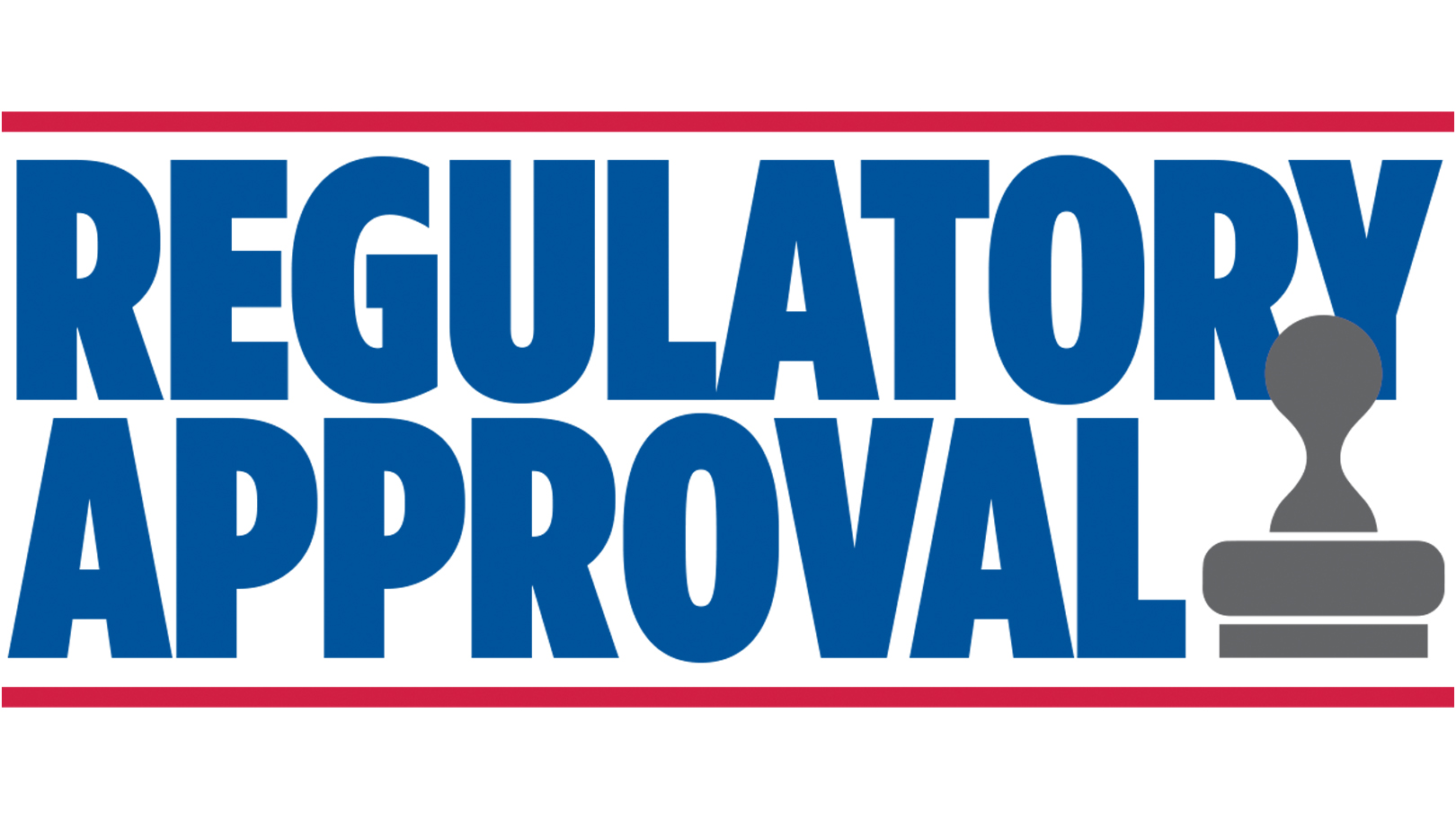October 2, 2020—As part of the U.S. Food and Drug Administration’s (FDA) Project Orbis, the FDA approved combination nivolumab and ipilimumab for treatment-naive patients with unresectable malignant plueral mesothelioma (MPM). This is only the second FDA-approved systemic therapy for mesothelioma, and the first approval in 16 years.
The approval was based on data from the randomized open-label phase III CheckMate 743 in which 605 previously untreated patients with unresectable MPM were treated with combination nivolumab (360 mg every 3 weeks) and ipilimumab (1 mg/kg every 6 weeks) or with standard platinum-based chemotherapy (up to 6 cycles). Treatment continued until unacceptable toxicity or disease progression, with a maximum treatment period of 2 years.
Median overall survival in the study reached 18.1 months with the combination therapy, as compared to 14.1 months with chemotherapy (HR 0.74; 95% CI: 0.61-0.89, p = 0.002), and survival rates at 2 years were 41% versus 27%, respectively.
Serious adverse events (AEs) occurred in approximately half of patients, with the most frequent (> 2%) being pneumonia, pyrexia, diarrhea, pneumonitis, pleural effusion, dyspnea, acute kidney injury, infusion-related musculoskeletal pain, and pulmonary embolism. For patients died as a result of treatment-related AEs.
The most common AEs with the combination therapy (> 20%) were fatigue, musculoskeletal pain, rash, diarrhea, dyspnea, nausea, decreased appetite, cough, and pruritus. Approximately 23% of patients who received the combination discontinued treatment due to toxicity; approximately half had dose interruptions. Additionally, 4.7% of patients discontinued ipilimumab alone due to toxicity.




